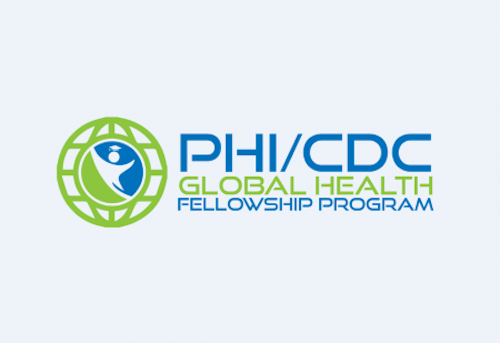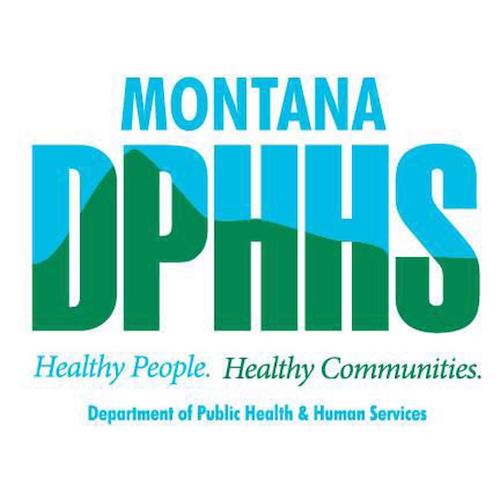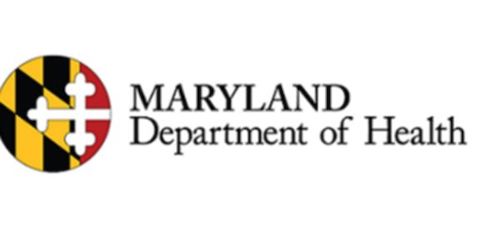Expert Analyst–STARS, Advantasure
Category : Alumni
Summary:
The Expert Analyst is responsible for identifying, collecting, analyzing, and maintaining data to evaluate issues that support prospective business decisions. This role also coordinates projects for senior management.
Responsibilities/Tasks:
- Conduct trend analysis, report development, ad-hoc analysis and support
- Applies advanced statistical methodology to answer specific questions or problems. Advanced statistical methodology includes, but is not limited to, multiple linear regression, multiple logistic regression, trend analysis, hierarchical linear modeling, generalized linear mixed models, and sampling techniques. Assist in design and implement epidemiologic studies to evaluate the effectiveness of clinical programs
- Ensure complete, accurate and timely data for reporting purposes.
- Manage multiple projects simultaneously by establishing project plans and objectives to ensure goal attainment within defined parameters
- Communicate results of analysis to management via reports/presentations and assist management in implementing programs that provide solutions.
- Develop documentation, reports and presentations for all levels within the organization including executive leadership.
- Compile data from a variety of sources and conduct analytics using software, including Excel, Oracle (SQL) and SAS to support business decisions
- Collaborate with team members to ensure data and reports meet contract deliverables
Employment Qualifications
Education:
Bachelor’s degree in Business Administration, Economics, Health Care, Statistics or a related field. Master’s degree in Public Health, Epidemiology or another related field preferred. Continuous learning, as defined by the Company’s learning philosophy, is required. Certification or progress toward certification is highly preferred and encouraged.
Experience:
Five (5) years of experience in a related field required to provide the necessary knowledge, skills, and abilities for the role.
Skills/Knowledge/Abilities Required:
- Strong communication skills are required to understand, interpret, and communicate ideas.
- Strong knowledge and use of existing software packages (PowerPoint, Excel, Word, etc.).
- Strong analytical, organizational, planning, and problem-solving skills.
- High level working knowledge of data programming language such as SAS and/or SQL
- Ability to effectively interface with employees at all levels
- Administer and adhere to corporate and departmental policies, practices and procedures.
- Other related skills and/or abilities may be required to perform this job.
- Knowledge and experience with Medicare Advantage Stars and/or HEDIS data is a plus
Location
This position can be remote, or located in one of our offices in Michigan, Virginia, or Las Vegas.
Click here to apply online!










Recent Comments